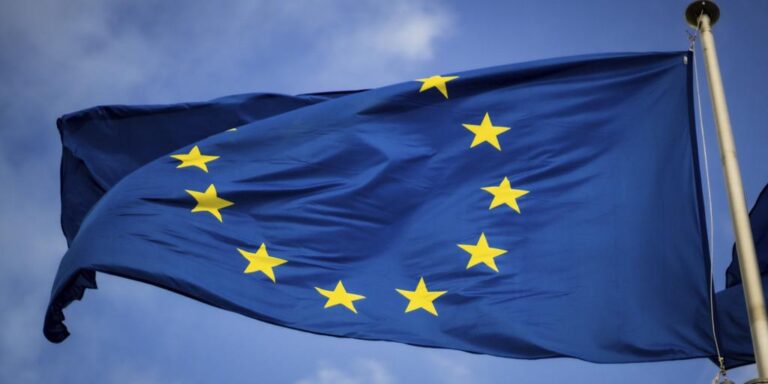EU’s Ambitious Plan to Eliminate Russian Gas Imports
In a decisive effort to reduce its energy reliance on Russia, the European Union is preparing to introduce a sweeping ban on imports of Russian gas. This initiative comes in response to the evolving geopolitical climate and ongoing tensions, showcasing the EU’s dedication to improving energy security and diversifying its sources of supply. The proposal, expected to be deliberated in the upcoming weeks, represents a pivotal move in the bloc’s larger strategy aimed at diminishing dependence on Russian energy while transitioning towards more enduring alternatives. As member nations confront potential economic repercussions from this ban, its effects are likely to resonate throughout Europe and beyond, altering energy relationships during these uncertain times.
Strengthening Energy Autonomy: The EU’s Gas Ban Initiative
The European Union is poised for a transformative step by proposing an all-encompassing prohibition on gas imports from Russia. This initiative arises from persistent geopolitical conflicts and an urgent need for member states to lessen their vulnerability linked with reliance on Russian energy supplies. Policymakers are advocating for a shift towards renewable resources alongside increased investments in alternative energy projects deemed vital for ensuring a sustainable future.
This proposed ban aligns seamlessly with the EU’s broader objective of enhancing energy resilience through fostering diverse partnerships and boosting domestic production capabilities. Key aims of this proposal include:
- Minimizing Dependence: reducing reliance on Russian gas as part of national security strategies.
- Promoting Renewable Energy: Accelerating progress toward sustainable power sources.
- Diversifying Supply Chains: Expanding access through alternative suppliers.
While this proposal seeks unity among member states regarding their collective energy strategy, it does not come without hurdles. Several countries remain significantly dependent on Russian gas supplies, raising concerns about potential economic fallout and possible shortages during this transition period. As discussions progress, it will be crucial for the EU to address these complexities while striving toward cohesive policies that foster both independence and stability.
Economic Challenges and Strategic Options for Member States
The anticipated blanket ban on importing Russian gas carries substantial economic implications for EU member states amid rising global energy prices and shifting alliances. Nations heavily reliant upon these supplies may encounter immediate shortages that compel governments to urgently seek alternative sources of power. Critical considerations facing affected countries include:
- diversification Strategies: broadening their range of imported energies by increasing collaborations with other nations while investing in renewable projects and storage solutions.
- Economic Strain: A sharp rise in natural gas prices coudl trigger inflationary pressures across various sectors necessitating government intervention measures.
- User Impact: Households might face higher utility costs as markets adjust leading potentially to public discontent or political ramifications.
Coping with these challenges requires member states exploring several strategic alternatives such as:
- Pursuing Renewable Energy Investments: Fast-tracking initiatives focused on solar or wind technologies can help decrease fossil fuel dependency over time.
- Energizing Efficiency Programs: Implementing measures aimed at enhancing efficiency within residential areas can significantly lower overall demand for natural gas.
- Cultivating Regional Collaborations:Create joint ventures with neighboring countries focusing on shared projects like cross-border electricity networks which enhance overall stability within the region.
| Name of Strategy | Potential Benefits | Main Challenges Faced | |||||
|---|---|---|---|---|---|---|---|
| Investment in Renewables | long-term sustainability; reduced carbon emissions | High initial costs; technological hurdles | |||||
| Energy Efficiency programs | Immediate cost savings; decreased demand | Public compliance issues; upfront investment required | |||||
| Regional Collaboration | Resource sharing; enhanced security | Coordination difficulties; varying regulations across borders |
| Name Of Strategy | Description Of Approach </thead |
|---|---|
| >Increasing LNG Imports<> <>Enhancing infrastructure facilitating liquefied natural gases deliveries sourced outside Russia<> < | |
| >Diverse Partnerships For Sourcing Natural Gas<> < | >Establishing new agreements targeting suppliers like Norway & Algeria ensuring reliable access going forward/ th>>
|




